Embrace your Artificial Self Contributed by: Georgia Ellis “I want to discover my Leadership style” said one participant at the kick off masterclass of the 22 week emerging leader program - The Future Ready Leaders Toolkit. What she said was in response to my question “What are your intentions for the program and why are you here?” The other participants began to nod in agreement. They too wanted to find their "true selves". Sure this sounds like a great goal… (and one that I hear a lot in the work I do) "Find out who I am as a leader" (or as a human)… "Uncover my authentic style"…. But... is it really a worthy goal? In the pursuit of leadership or personal excellence, we often encounter the notion of authenticity as a guiding principle. We're urged to be true to ourselves, to lead and live with integrity, and to remain genuine in our interactions. However, a deeper exploration into the philosophy of human nature challenges this rather simplistic view. In Michael Puett and Christine Gross-Loh's book, "The Path", they delve into the writings of various Chinese philosophers including Xunzi, who distinguishes between human nature and artifice. Xunzi asserts that human nature, while innate, is not inherently virtuous. Instead, it's the product of conditioning and societal influences. He argues that true human nature is revealed when our innate inclinations are refined and shaped through conscious effort – what he terms as "artifice." Xunzi's perspective resonates with the timeless wisdom of James Allen's "As a Man Thinketh." Allen emphasizes the power of thought in shaping one's character and destiny. He suggests that the noble and god-like character we aspire to isn't a product of chance but the result of deliberate cultivation through right thinking and sustained effort. At first glance, these philosophies may seem contradictory to the modern notion of authenticity in leadership and finding our true self. After all, aren't we encouraged to be genuine and true to ourselves? However, upon deeper reflection, it becomes apparent that authenticity, as commonly understood, is a myth. The idea that we can simply be ourselves without any external influence or intentional effort overlooks the complexity of human nature. Xunzi ‘s and James Allen’s ideas shaped my response to the participants who wanted to ‘discover’ their leadership style… I challenged them to think a little differently, instead of discovering who they had become because of external forces, I invited the to ‘create’ who they wanted to be as a leader, empowering them to let go of any limiting beliefs or ideas that may have been handed to them from society, and to self author their leadership journey. As leaders (and humans), we're constantly navigating various roles, responsibilities, and expectations. We interact with diverse stakeholders, adapt to changing circumstances, and strive to inspire and motivate others. In this dynamic environment, being true to a static, unchanging self is neither practical nor desirable. Instead, we must embrace the concept of artifice – the conscious effort to cultivate our character, refine our skills, adapt and shape our leadership style. This doesn't mean being inauthentic or pretending to be someone we're not. Rather, it's about recognising that our authentic self is not fixed but fluid, shaped by our choices, experiences, and deliberate actions. Just as an artist crafts a masterpiece through skillful manipulation of materials, we must also create ourselves through intentional practice and refinement. The process of self-creation requires humility, self-awareness, and a willingness to challenge our assumptions and beliefs and become aware of our biases. In essence, authenticity isn't found in staying true to some unchanging essence of self, but rather in the sincerity and integrity with which we engage in the ongoing journey of self-discovery and growth. It's about aligning our actions with our values, inspiring trust through consistent behaviour, and fostering genuine connections with others. So, as you bust the authenticity myth, you liberate yourself from the constraints of the what was and embrace the transformative power of artifice with “what if” and “who could I be”. I invite you to cultivate the best version of yourself through self reflection, choosing who you want to be, conscious and persistent effort, continuous learning, and a commitment to being the best version of you so, you not only fulfill your potential but also inspire others to do the same. Opportunities for to Self Discovery and Continuous Learning
Contributed by Layla Wyatt Future Market Insights asserts that the Australian leadership development program market has a projected CAGR of 8.9% from 2023 to 2033. Notably, technology-driven learning methods are increasingly adopted within leadership development programs. "Leadership is not merely giving orders; it's about inspiring, guiding, and adapting to the future. Embrace technology-driven learning to cultivate extraordinary leaders," says business expert Olivia Jones of Askfunding.– Australia's top loan and financial provider. Leadership isn't just about giving orders and making decisions; it's about inspiring, motivating, and guiding the team toward success. Dive into how coaching and professional development programs can turn ordinary leaders into extraordinary ones. 1. Developing Soft Skills with a Smile Coaching programs often focus on soft skills like empathy, active listening, and emotional intelligence. It's like the chocolate chips in the leadership cookie—they make the whole experience sweeter! Coaching helps to understand your team's needs and motivations, fostering a positive work environment. It builds trust among members and a sense of belongingness 2. Boosting Self-Awareness Coaching programs often include self-assessment tools and exercises to help you better understand your strengths, weaknesses, and blind spots. It's like having a mirror that reflects your leadership persona to you. It leads to confidence, more informed decisions, a tailored leadership style, and realistic goals. It's like upgrading your leadership armor to withstand any challenge! 3. A Playbook For Success Professional development programs help leaders develop a deeper understanding of their roles through workshops, seminars, and interactive sessions. It's like attending an action-packed boot camp where you hone your leadership skills, and instead of push-ups, you do problem-solving exercises. Life Reloaded, Superior Thinkers Toolbox, and Future Ready Leaders Toolkit are programs that can upgrade your leadership skills. Whether mastering new technology, understanding market dynamics, or refining your project management skills, these programs turn you into a leader who's always ahead of the game. 4. Highlights The Value Of Feedback Coaching empowers leaders by offering a safe space for self-reflection, feedback, and goal setting. It's a two-way street where a team can grow together. Through open dialogue and constructive criticism, coaches help leaders identify strengths and weaknesses and enhance their skills. They also hold you responsible for your commitments and track your progress. 5. Playful Experimentation And Innovation Professional development programs often encourage you to step out of your comfort zone and try new things. It's like having a laboratory where you can conduct playful experiments in your leadership approach. By exploring fresh ideas and taking calculated risks, you'll discover innovative solutions to old problems. It's like inventing your leadership magic! 6. Building A Support Network Coaching and professional development programs introduce you to a network of like-minded individuals. It's like joining an exclusive club where you can exchange ideas, experiences, and support, helping you tackle challenges with newfound confidence. Refine Your Leadership Style With Blue Chip Minds Coaching and professional development programs are the unsung heroes in the world of leadership.
A powerful ripple effect arises as leaders become empowered through coaching and professional development programs. Like a stone thrown into a pond, the impact goes far beyond the initial point of contact. Blue Chip Minds is an organisation dedicated to cultivating the talents of young minds and helping them thrive in the world of technology, science, and entrepreneurship. We help individuals develop essential skills and knowledge to become future leaders! Contact us to learn about Australia’s top global professional development solutions provider. I am often astounded by the number of people who feel stuck, frustrated or challenged by life's uncertainties. I can even become a little perplexed as to why so many of my fellow humans are still ignorant to their own potential and resourcefulness. I have come to understand that how teachable a person is plays a big part in their ability to progress and move though life's challenges. Years ago I was introduced o a concept called the "Teachability Index" and I'd love to share it with you as it may just shine a light as to why you may not be progressing as you would like. Why 'Teachability' Matters If you're not teachable or coachable you won't receive the full benefits from any development interventions you invest in. Not being teachable reduces your ability to really maximize the potential lying dormant with in you. Regardless of whether you are a great teacher yourself, an expert or even highly intellectual you'll never reap the rewards from life if you are not teachable. In fact thinking you already know something is a very dangerous mindset that has the potential to stop you living a fulfilled life. Those living a fulfilled life have open minds and understand there is always more to learn. To be teachable you have to accept how much you don't know. Do you know that you don't know what you don't know? Think about that question for a while and let it sink in. Being teachable means you listen and absorb information without challenging it by disagreeing. You're not going to blindly follow it either. You're going to believe what is presented as the truth – but you are going to question it until you understand why it's true or possibly not true – you must be teachable! Understanding teachability opens the doors to a world of information, knowledge and possibilities. So how teachable are you? There is a great way to find out by calculating your own Teachability Index. The Teachability Index will help you determine how teachable you really are. Calculating Your Teachability Index There are two variables you need to consider when it comes to teachability. The First Variable The first variable is determined by asking yourself "What is my willingness to learn? “And then scaling it from one to ten. This will determine how high your willingness to learn the information is. You can apply this index across any area of life and in any form of study. You must have a high teachability index otherwise you're wasting your time. You can't read something once and think you know everything, if you do think this is the way to learn you will easily become unteachable. On a scale of one to ten what's your willingness to learn new information? To help you determine your scale, answering some of these questions may help. • What are you willing to do? • How much time are you willing to invest? • How much money are you willing to invest? • How much effort are you willing to put in? • What are you willing to give up? In most cases people think they have a high willingness to learn but they don't. The real question is – What are you willing to give up to learn this information? What's your favorite thing to do? Perhaps it's watching an enite Netflix series in one sitting, maybe you like to sleep in, what about the time you spend on social media. Are you willing to dramatically reduce the time you spend doing your favorite thing, or give it up completely so you can immerse yourself in new content, information and activities? The Second Variable The second variable is even tougher than the first. It’s determining how willing you are to accept change. If you are not happy with where you're at right now it’s obvious that something has to change. The reason the second variable is tougher than the first is because you have done things a certain way and you have thought a certain way up until this point (potentially a very long time). Your actions and thoughts continually create the results you are getting. They are patterns that you have formed in your subconscious mind and it’s these patterns that you're going to have to change to fully maximize who you are. So, really you need to ask yourself: What is my willingness to change the way I think, the way I feel about things and what I habitually do? What is your willingness to change? For example:
You may think you’re 10/10 and say convincingly to yourself… "I’m going to learn this information, but change... no, I don’t want to change anything in my life”. The Formula Willingness to Learn X Willingness to accept change = Teachability Index If you’re willingness to learn is a ten, and your willingness to accept change is a zero. Ten multiplied by zero equals zero (10 x 0 = 0). You have a ZERO teachability index, you are not teachable. You must have both a high willingness to learn and a high willingness to accept change to have a high teachability index. If you have a high teachability index you would be thinking and saying things like:
If this sounds like you, then you would score a ten in willingness to learn. If you would also be saying and thinking things like:
If this sounds like you then you would score a ten in willingness to accept change. Therefore ten multiplied by ten equals one-hundred (10 x 10 =100) – You are the perfect student. Your attitude toward growth and learning will reap rewards in a short period of time. You will quickly notice positive changes in your results because you will learn and understand new information better than most. Why Most People Fail Most People Fail Because They Refuse to Be...
Most people don't fully maximize who they are or they fail in their endeavours due to a low willingness to learn, even if they do have a high willingness to learn, they often have a low willingness to accept change. These people keep doing the same things over and over again and they refuse to change their thinking, beliefs and habits. Those unhelpful, unhealthy and unproductive habits that have been a part of your life for so long have established very strong, ingrained, neural pathways in the brain and are lodged in the subconscious. Most people find it hard to change because they lack the knowledge and deep understanding of how to form new neural pathways that will create new patterns and programs at the subconscious level. You must understand that a low teachability index is a major cause of failure. Not everyone will score 100 all of the time, there maybe some things you are not willing to change, things you won’t be willing to do and times when you may not feel like learning. Regardless it’s recommended that you check-in regularly to see what your Teachability Index score is. A simple way to check in with yourself in a situation where you find yourself, distracted, disengaged, disagreeing, bored, or saying things like "I know" ask yourself 'Am I being teachable?" Calculate Your Score Be completely honest with yourself and give yourself a score out of ten for the two Teachability Index variables.
There is no right or wrong answer with your final score. Knowing your Teachability Index score builds self-awareness and is a powerful tool for change. If you feel your score is too low… ask yourself: “What can I do to raise my score, what will it take and am I committed to doing what it takes” Now that you know how teachable you are ask yourself – “Am I happy with my current results?” You know that there are certain things in your life that could be better, listen to that deep innate calling inside of you that’s searching for more… not always more material possessions, it may simply be more of the good things in life, more time, more love, more happiness, more confidence, more growth or greater fulfillment. With a high teachability index, a high level of self-awareness and an understanding of human potential you will be poised and ready to maximize who you are and confidently self author your life. An Important note: To truly optimise who you are you must understand that your teachability index is never stagnant. You must continually consider how teachable you are because it will change from moment to moment depending on your priorities and the knowledge you have. You will always go up and down in teachability, it's like a sponge there's only so much you can take in before you become full and are no longer teachable. Being teachable means that you can't learn a new concept right now and say "I've got it” – being teachable actually means you're never going to get it… And here's the reason why… it’s because you will always be “getting it”. The best thing you can do is notice the times when you say “I know” or “I read a book on this or that topic” or “I have this or that qualification” or "I've done this before" because as soon as you say or think things like this, you automatically close your mind, you are no longer teachable and you block access to your untapped potential. Think of the times when someone has been explaining something to you and your immediately respond with “I know, I got this, I know, no need to go on I’ve heard it before”. When you react like this in that moment you are not open to the possibility of learning something new, or hearing a different perspective on a concept. You are not teachable and you can not maximize who you are. Contributor: Georgia Ellis 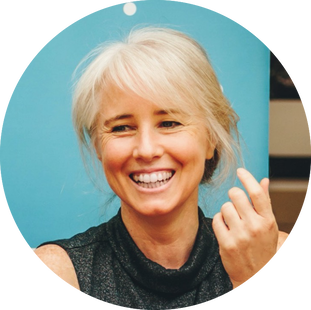 Georgia is the founder of Blue Chip Minds. She is dedicated to helping individuals and businesses to unlock their hidden potential, achieve personal mastery, increase productivity, tune into flow and thrive now and well into the future. Georgia curates content and provides education and application on what science is discovering about the human experience. She draws on the latest findings in: positive psychology, flow science, neurobiology, quantum theory, emotional intelligence, epigenetics and neuroscience. Georgia has worked with organisations in sectors including; banking and finance, entertainment, medical, logistics, technology, education, procurement, event management, health & fitness, manufacturing and retail. Her programs and services have been provided to people in Australia, Singapore, Hong Kong, India, United Arab Emirates, Austria, South Africa, New Zealand, Japan, France, Ireland, United Kingdom, United States, Brazil, Belgium and Canada. Contributor: Georgia Ellis Back in 2013 after leaving my Senior Manager Role behind and stepping into a new version of myself as a Business Owner, I took a trip to Iceland. The icy and snowy landscape was not only epic, but it also provided a timely reminder of the cortical landscape of our brains. Kinda a weird connection to make, but stay with me...
As I took in the landscape I couldn't help but see a resemblance to a Human brain and the way our continual thinking carves out new and unique neural pathways, it occurred to me that as en employee I had been thinking a certain way, which had led me to have a rather successful career... but that thinking, and those neural pathways, were not going to serve me as a business owner. Fast forward to 2019, and with a deeper understanding of neurobiology and the interconnection of our thoughts, emotions and movement. I now appreciate the power of post conventional and complex thinking and the importance or rewiring our brain to steer us in a new direction... partly because of the science, and partly because it's exactly what I did to grow my business. I worked on my mindset first. In the book "The Biology of Belief" by Dr. Bruce Lipton, he explains how our thoughts and beliefs impact our biology. Did you know if you continuously think thoughts with a negative bias about life or the future, that is tell yourself woeful stories or make negative judgements of a situation or person, that you create a neural pathway in your Brain that hooks you up to seeing only the negative? Just like crevices in the snow that have been carved out by a sled taking the same path over time, those continual thoughts create a deep seeded negative bias. When you begin to understand neurobiology and neuroscience and even epigentics, you quickly discover that we can retrain our brains to “steer our sled” on to a new path with a positive outlook, then that pathway will show a physical change in our brains. Neuroplasticity means that our brains are continually firing and wiring new pathways, the more we think a thought, the stronger the connection or pathway, the less we think a thought, the weaker the pathway and eventually it prunes away. Each one of our thoughts and subsequent behaviors are responsible for this change in our brains. It's an empowering idea that we can literally begin to prepare ourselves for these extraordinary, complex and uncertain times with the nature of our thoughts. Not only does a switch in thinking help prepare us for the future, it has other profound effects on us physically and can even help reverse anxiety and depression. Research has shown that regular positive pole thinking can lead to:
Unfortunately negative pole thinking produces the opposite results. Take the point above about being more attractive to other people, I most certainly are turned off by negative people. The best thing about being in control of our thoughts is that we have a new opportunity each moment to enhance our emotional experience. I discovered many years ago that we always have a choice as to how we respond to situations, events and people. Armed with the knowledge that a positive attitude to life is worth nurturing, and that we can steer ourselves onto a different pathway on our habitual cortical landscape, then we can begin to work on strategies to make this happen for ourselves. Some strategies that I have found helpful for steering my thinking into a better future are:
The more I adopted these practices the easier it was to have a positive mindset. My cortical landscape was changing, and i began to naturally steer myself in a positive direction. Changing the way I thought about things, changed the emotional attachment i had with people and situations. I moved from being the victim to the external world to being the master of my inner world, which strangely, changed the way I saw the external events that used to trigger mental anguish. People who know me somehow think I have always had a positive outlook, the truth is I haven't, I had to teach myself and I am still a work in progress, with the know-how and tools to steer my thinking back on track towards an extraordinary future. |
Authors
Our Contributors are a mix of passionate and switched on Humans ready to share their, career, business, well-being, leadership and performance insights with you so you can be the architect of your own extraordinary future! Archives
May 2024
Categories
All
|
Global professional development solutions for individuals and organisations.
Working with Individuals and organisations in;
Australia | Singapore | Hong Kong | United States | India | United Kingdom | Dubai | China | Poland
Malaysia | New Zealand | Japan | Belgium | Austria | South Africa | Brazil | Canada
Working with Individuals and organisations in;
Australia | Singapore | Hong Kong | United States | India | United Kingdom | Dubai | China | Poland
Malaysia | New Zealand | Japan | Belgium | Austria | South Africa | Brazil | Canada
|
We acknowledge the Traditional Custodians of the land on which we live, work, meet and play. This most often is the Wurundjeri people. We pay our respects to Elders past, present and emerging of the Kulin Nation. We extend gratitude and respect to Aboriginal and Torres Strait Islander peoples and global indigenous cultures for their incredible wisdom, resilience, deep connection to the natural environment and their deeply transformative spiritual practices.
We have so much more to learn from you. |
Copyright © All Rights Reserved BLUE CHIP MINDS 2013 - 2021

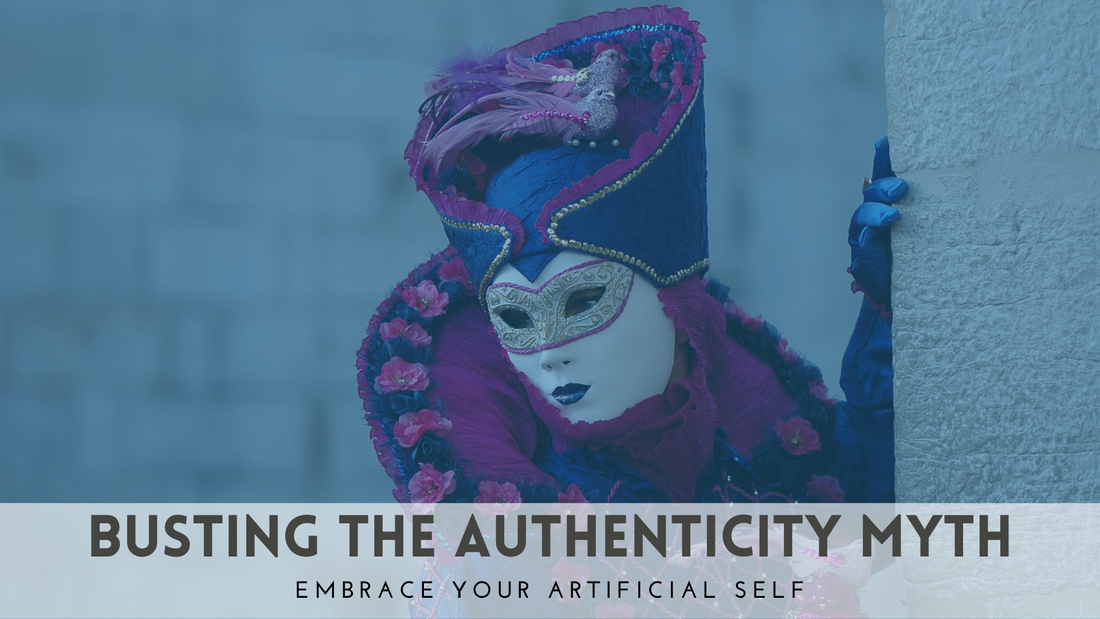
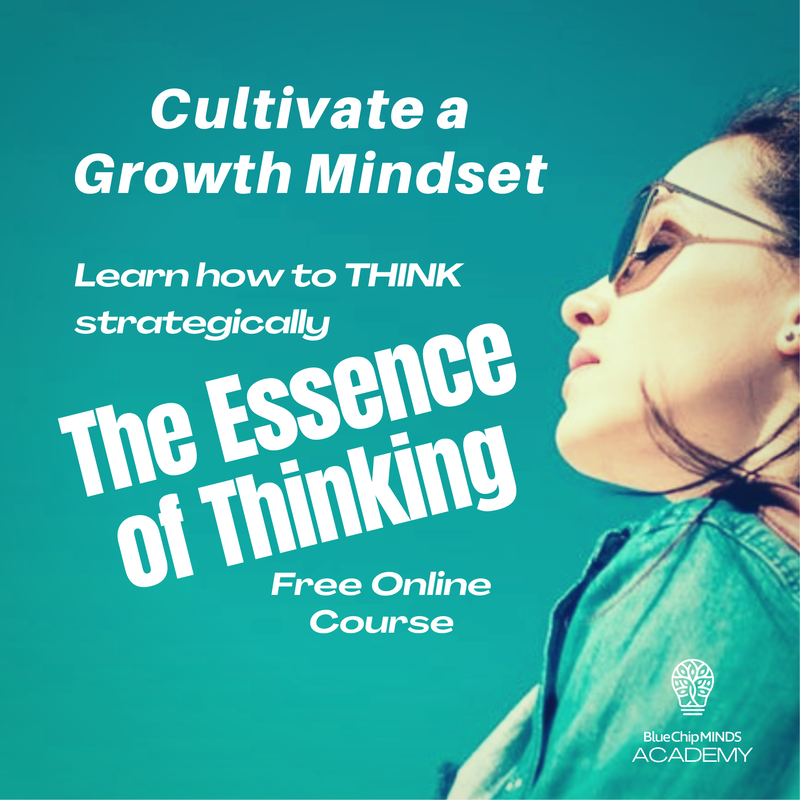
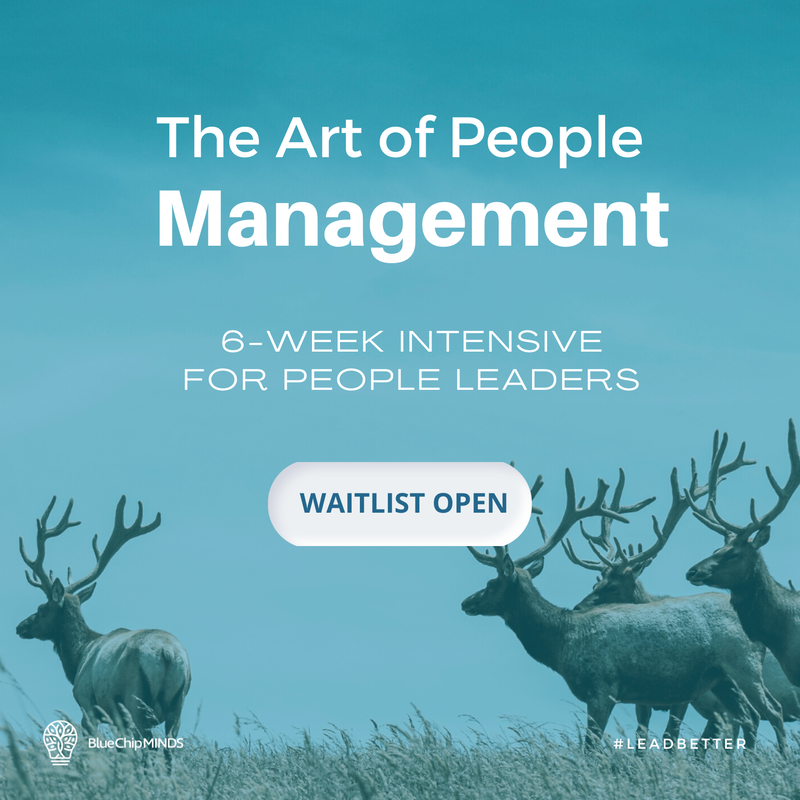
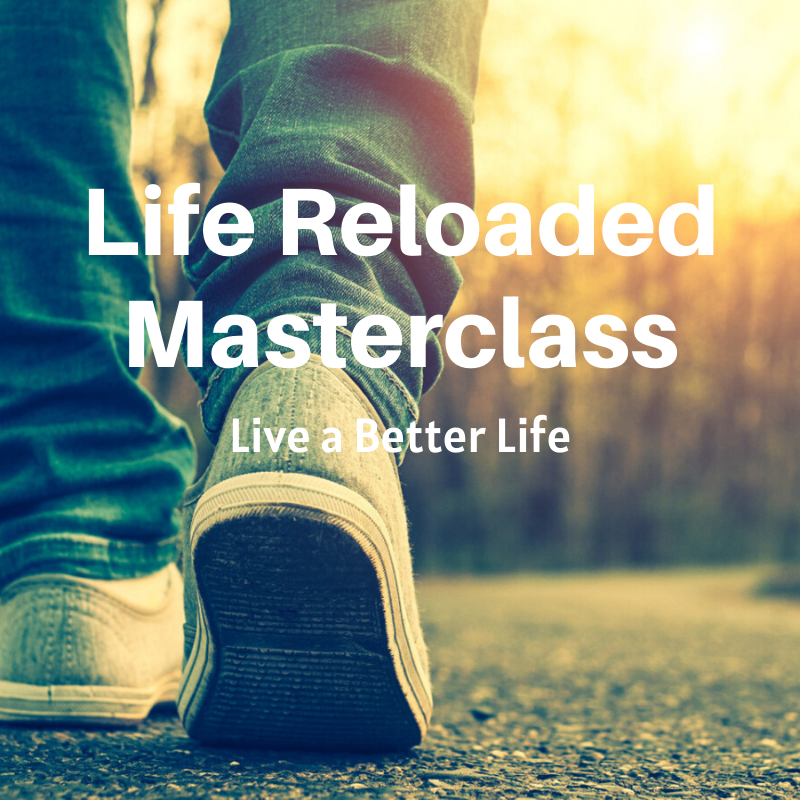
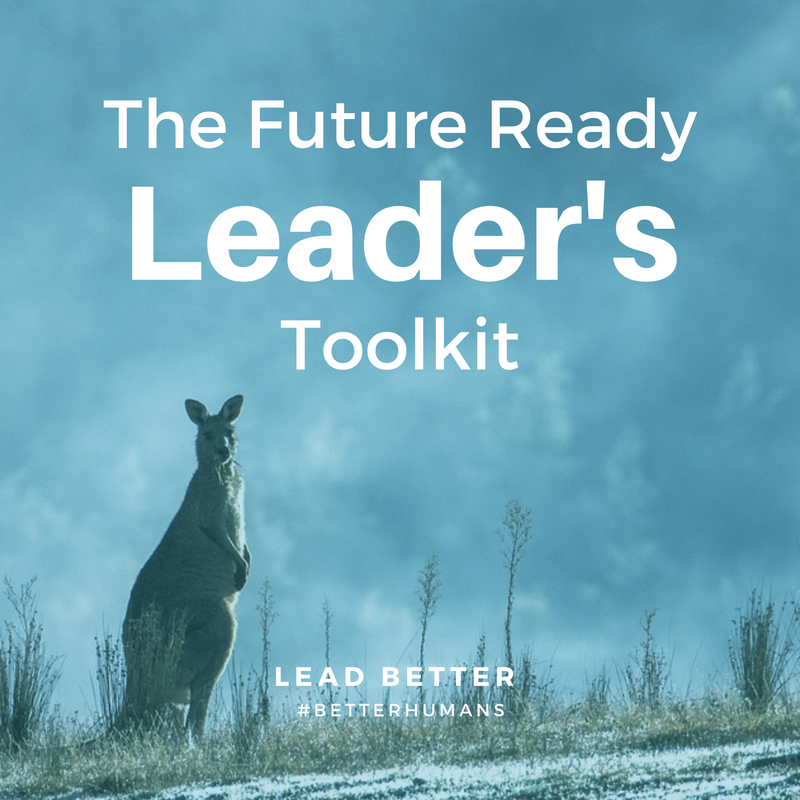
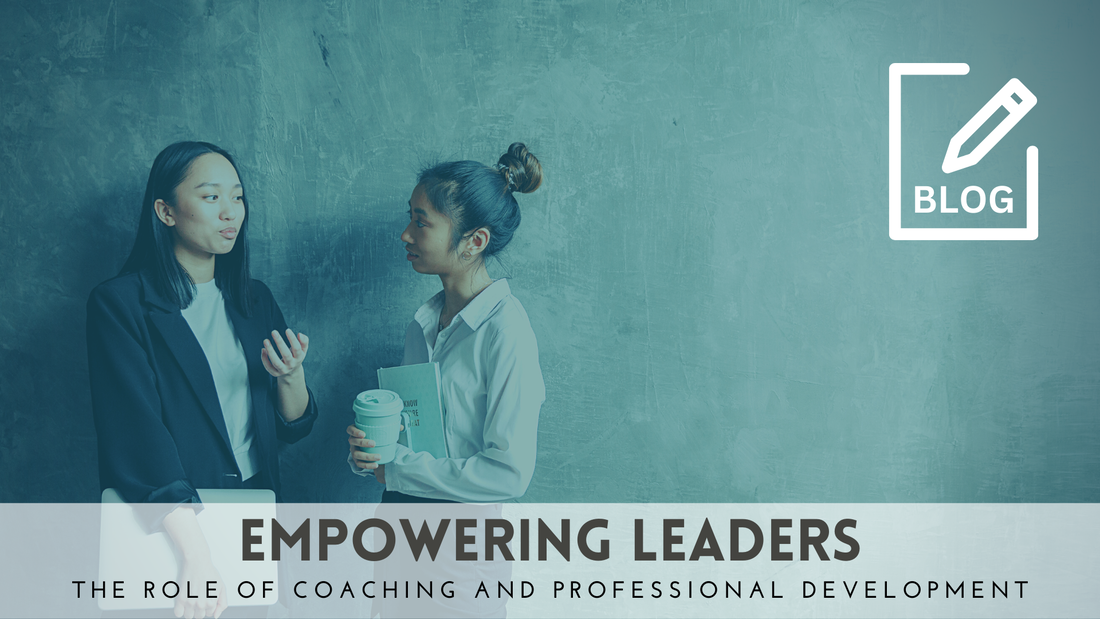



 RSS Feed
RSS Feed
